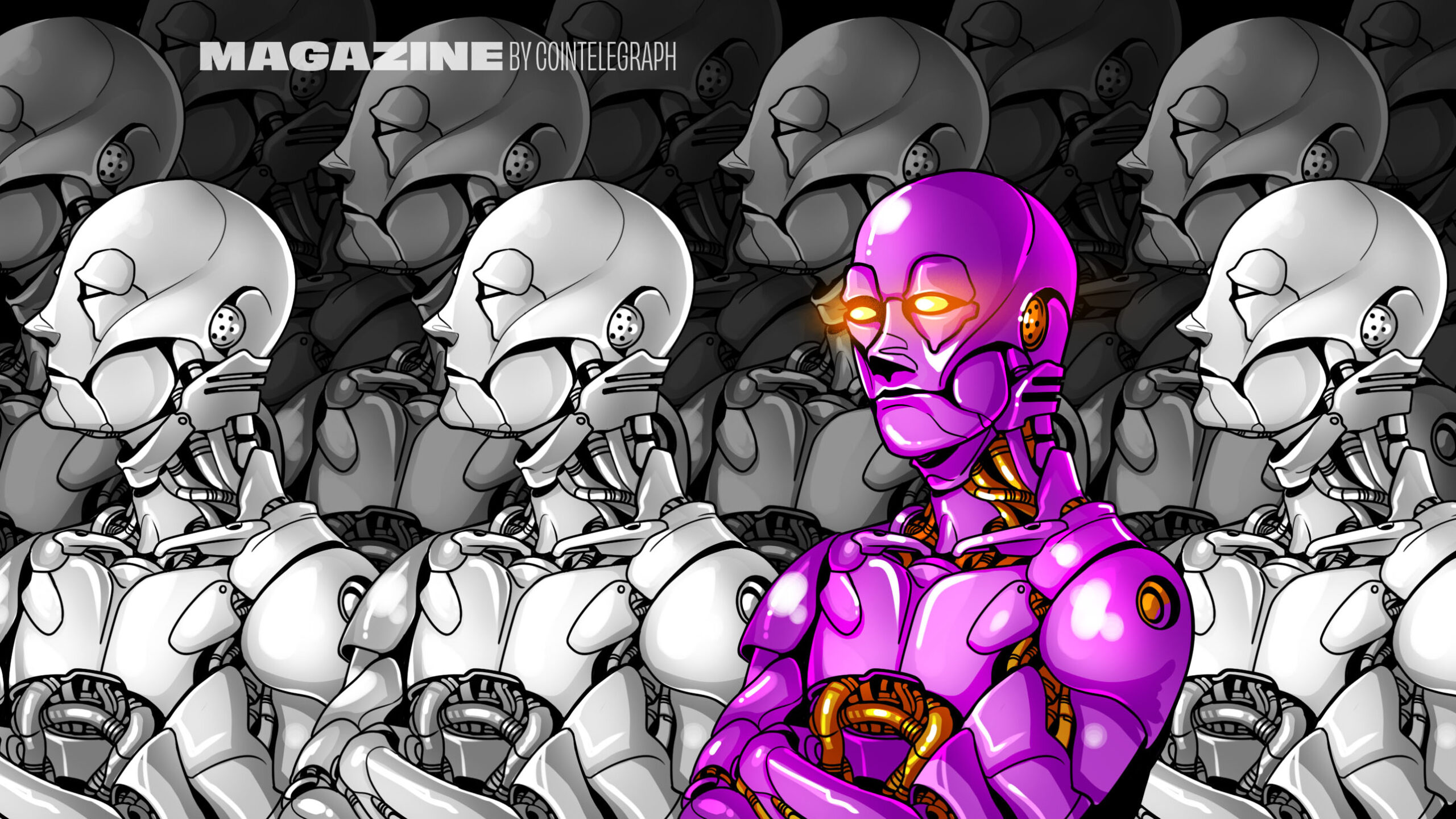Apple wants to put an AI in your pocket Apple has been playing its cards close to its chest when it comes to AI. While rival Microsof
Apple wants to put an AI in your pocket
Apple has been playing its cards close to its chest when it comes to AI. While rival Microsoft has jumped on the ChatGPT bandwagon and is integrating AI into everything despite the bugs and hallucinations, the acronym didn’t even get a mention at Apple’s Worldwide Developers Conference in June.
Reports emerged in July, however, that Apple was working on its own generative AI tool, dubbed internally “Apple GPT,” which uses a large language model (LLM) framework called Ajax. On this week’s quarterly earnings call, CEO Tim Cook said Apple was enthusiastic about the technology and has incorporated AI into forthcoming iOS17 features like Personal Voice (voice cloning and text-to-speech) and Live Voicemail (live transcription). He added:
“We’ve been doing research across a wide range of AI technologies, including generative AI, for years. We’re going to continue investing and innovating and responsibly advancing our products with these technologies, with the goal of enriching people’s lives. That’s what it’s all about for us. As you know, we tend to announce things as they come to market, that’s our M.O., and I’d like to stick to that.”
Of course, what everyday users want to know is whether Siri will be getting an AI upgrade. And they certainly appear to be working on it, with the Financial Times reporting that Apple is hiring dozens of researchers and engineers to work on “compressing existing language models so they can run efficiently on mobile devices, rather than in the cloud.” The ads indicated the company is fully focused on bringing LLM technology to mobiles.
Also read: Experts want to give AI human ‘souls’ so they don’t kill us all
There are speed, privacy and security reasons to run the AI locally on the phone hardware rather than in the cloud, given concerns over OpenAI and Claude hoovering up all your personal and business data. Back in 2020, Apple spent $200 million snapping up Seattle startup Xnor, which focuses on this exact problem.

Passwords even more useless due to AI
Even prior to the advent of AI, computing technology had progressed to the point where the average eight-character password — using a combination of numbers, upper and lower case letters and a special character as recommended — could be cracked in around five minutes. New research indicates that AI password crackers like PassGAN can crack more than half of all commonly used passwords in less than a minute.
Now it turns out that AI can work out your password with greater than 90% accuracy, purely from the sound of you typing. Given that almost everyone types within earshot of a computer or phone mic, that’s a pretty big exploitable area, especially if you log in to a site while on a Zoom call (93% accuracy.)
The tech isn’t quite as good when users touch type or use the shift key, but it’s even clearer that passwords alone without 2FA need to be consigned to the bin of history.

Google and Universal negotiate deal on music deep fakes
Johnny Cash’s fake version of “Barbie Girl” and Frank Sinatra riffing on a big band take of “Gangsta’s Paradise” are a couple of the more amusing AI deep fakes out there. This has provoked alarm from artists, including Drake and Sting, who are understandably concerned at their unique vocals and music styles being ripped off.
Also read: ‘Elegant and ass-backward’: Jameson Lopp’s first impression of Bitcoin
In response, Google has reportedly entered negotiations with Universal Music to create a tool for fans to create their own legitimate deep fakes of popular artists with a fee going back to the copyright holders. Artists would have the ability to opt in or opt out of the system. Google is trying to strike a similar deal with Warner Music, whose CEO, Robert Kyncl, enthused to investors this week that “with the right framework,” AI could “enable fans to pay their heroes the ultimate compliment through a new level of user-driven content . . . including new cover versions and mash-ups.”
Some artists have embraced AI technology, with Grimes offering a 50/50 split of proceeds to AI producers and Paul McCartney using AI to improve John Lennon’s rough demo vocals for “the final Beatles track,” which was abandoned due to poor quality in the ‘90s.
Disney’s AI task force
Hollywood writers and actors strike be damned! Disney has created an artificial intelligence task force to study how AI can be used across the entertainment behemoth. There are 11 current job openings across its theme parks, TV and advertising divisions.
While creatives see AI as a threat, a Disney insider says the company believes the bigger threat is not…
cointelegraph.com
